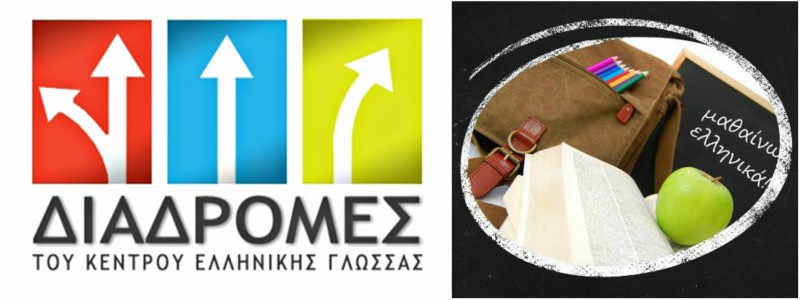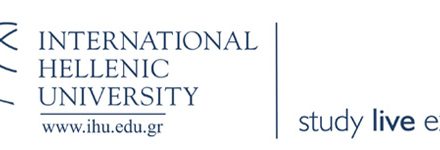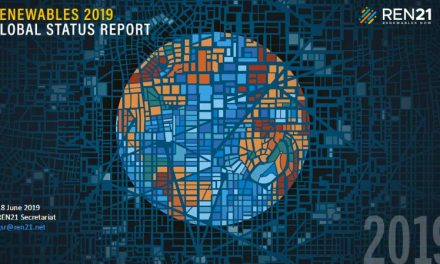“Routes in Teaching Modern Greek as a second/foreign language” is a distance learning programme, run by the Centre for the Greek Language (CGL). It is addressed to teachers of Greek as a second/foreign language (L2) who wish to receive training regardless of their location, and also obtain an official certificate upon completion of the courses. The fourth cycle of the programme (2018-19 season) will start on September 17; registration period has been extended and you can now register until June 18, 2018.
Launched as a programme co-financed by the European Union in 2007 -when it was awarded with the European Language Label as an innovative educational programme- “Routes” was reintroduced in 2016 as a project solely funded by the Centre for the Greek language. Those who successfully complete the programme become certified teachers of Greek as L2 abroad. In Greece, it constitutes a recognised distance training programme and its successful completion leads to the recognition of professional qualifications for teaching Greek as a second/foreign language, depending on the requirements of relevant positions.
Aims of “Routes”
The programme (450 hours in duration) aims mainly at providing teachers with the knowledge necessary for the development of their skills in teaching Greek as a second/foreign language and at training them in the relevant teaching methodology that is appropriate for all levels and ages of students. For this purpose, a number of distinguished and experienced experts on both applied and theoretical linguistics, educators, specialised associates of the CGL and computer scientists cooperate and contribute to the programme.
Modules of the programme
“Routes” consists of eight modules and is implemented entirely on distance mode making also use of videoconferences and webinars. Trainees must successfully complete all eight modules.
“Module 1. Lesson Planning, Classroom Management and Learning Strategies” covers a range of topics related to language teaching, from curriculum design and lesson planning to classroom management (student motivation, time management etc.) and learning strategies.
 “Module 2. Teaching Grammar, Vocabulary and Pronunciation” aims to provide trainees with an adequate theoretical background in language teaching methodology and then to present the teaching methods for grammar, vocabulary and pronunciation.
“Module 2. Teaching Grammar, Vocabulary and Pronunciation” aims to provide trainees with an adequate theoretical background in language teaching methodology and then to present the teaching methods for grammar, vocabulary and pronunciation.
“Module 3. Teaching Languages to Young Learners” focuses on the acquisition process of foreign languages at an early age and the teaching approach to be used, taking into account the specific learning characteristics of young learners, the teaching framework that meets their needs and interests, and the specific criteria which should be taken into account when choosing a specific coursebook.
“Module 4. Language Performance Assessment” presents the key features of a well-structured language test, the categories of different types of tests, the most commonly used assessment techniques as well as alternative forms of assessment, and the tools—both digital and non-digital—provided by the Centre for the Greek Language for the construction of each language test.
“Module 5. Computer Assisted Language Learning” introduces ways to incorporate new technologies into the classroom. The aim of the course is to develop the ability to select and create support material tailored to students’ language needs, as well as to design a lesson using electronic tools.
“Module 6. Aspects of Language” introduces trainees to language as a complex sociocultural phenomenon, teaching them elements of the history of the Greek language and its contemporary sociolinguistic status and introducing them to a language analysis model that can be used in teaching.
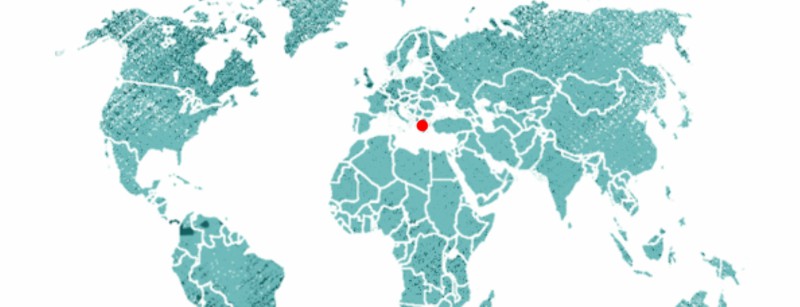 “Module 7. Bilingualism: Language and Thought of the Bilingual Speaker” is a concise and thorough presentation of the issues related to individual bilingualism. In the chapters of this module, the various definitions of bilingualism and its various types are discussed, as well as the impact of bilingualism on the linguistic and cognitive ability of the individual.
“Module 7. Bilingualism: Language and Thought of the Bilingual Speaker” is a concise and thorough presentation of the issues related to individual bilingualism. In the chapters of this module, the various definitions of bilingualism and its various types are discussed, as well as the impact of bilingualism on the linguistic and cognitive ability of the individual.
“Module 8. When Cultures Converse at School: Intercultural Education Issues” explores aspects of cultural diversity and its impact on modern types of education, addresses the issue of bilingualism and intercultural communication in the classroom and analyses the challenges of teaching in a multilingual and multicultural environment.
Centre for the Greek Language
The Centre for the Greek Language was established in 1992 in Thessaloniki, Greece. It is a non-profit organisation supervised by the Greek Ministry of Education and in cooperation with the Ministries of Culture and Foreign Affairs. CGL’s goal is to promote the Greek language, regulate the teaching of Greek as a foreign language in Greece and abroad, support Greek language teachers in Greece and abroad and produce all relevant materials that may contribute to the spreading of Greek language.
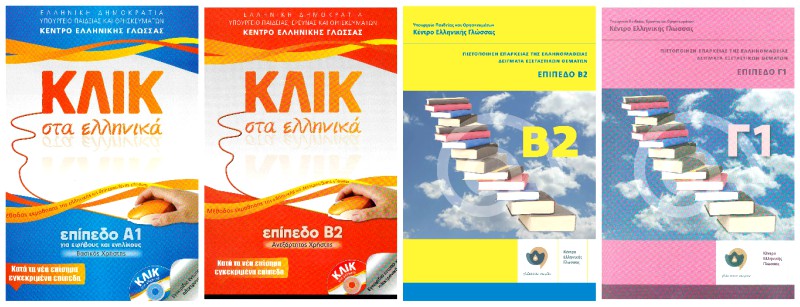 The Centre for Greek Language is responsible for the administration of Certificates of Attainment in Greek, which were established in 1998. There are examinations for six levels of attainment, linked to the corresponding levels of the Common European Framework (CEFR). These certificates provide users of Greek with an evaluation of their knowledge and serve as proof of the candidate’s level of attainment in Greek in the work market. CGL is also responsible for high quality publications of teaching material for learners of Greek as a foreign language.
The Centre for Greek Language is responsible for the administration of Certificates of Attainment in Greek, which were established in 1998. There are examinations for six levels of attainment, linked to the corresponding levels of the Common European Framework (CEFR). These certificates provide users of Greek with an evaluation of their knowledge and serve as proof of the candidate’s level of attainment in Greek in the work market. CGL is also responsible for high quality publications of teaching material for learners of Greek as a foreign language.
CGL has four academic divisions: Lexicography, Linguistics, Support and Promotion of the Greek Language and Language and Literature. The researchers at these divisions have undertaken a significant number of projects in the field of language education. Through its Portal for the Greek Language, aimed for teachers, students and researchers of the Greek language, CGL provides a useful digital environment for the dissemination of the Greek language.
Read also via Greek News Agenda: Routes in Teaching Modern Greek as a Foreign Language; Certificate of Attainment in Greek: New Teaching Material; Registration Dates Announced for the Certificate of Attainment in Greek
N.M.

